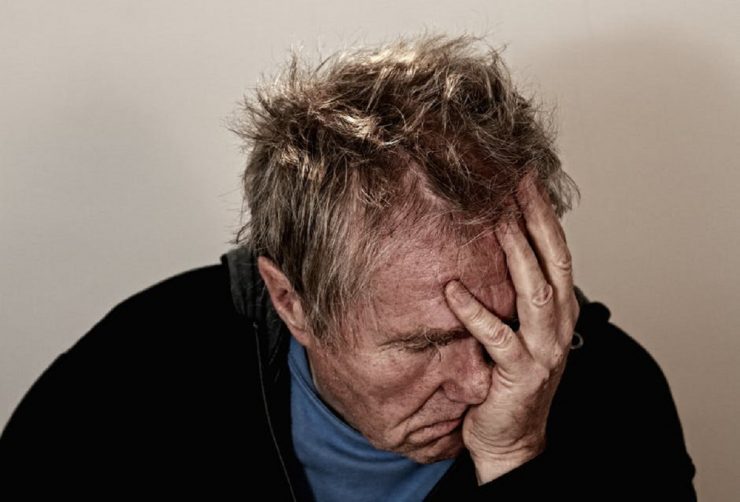If you’re not one to throw back two or three drinks at a time, you might get some side eye when you decide to. You might have to dodge questions—“Are you okay?” or “Rough day, huh?”
Even if you’re just fine and simply wanted some more to drink that night, how long can drinking be a hobby before it triggers depression in your life? Let’s take a look.
1. Are You At High Risk?
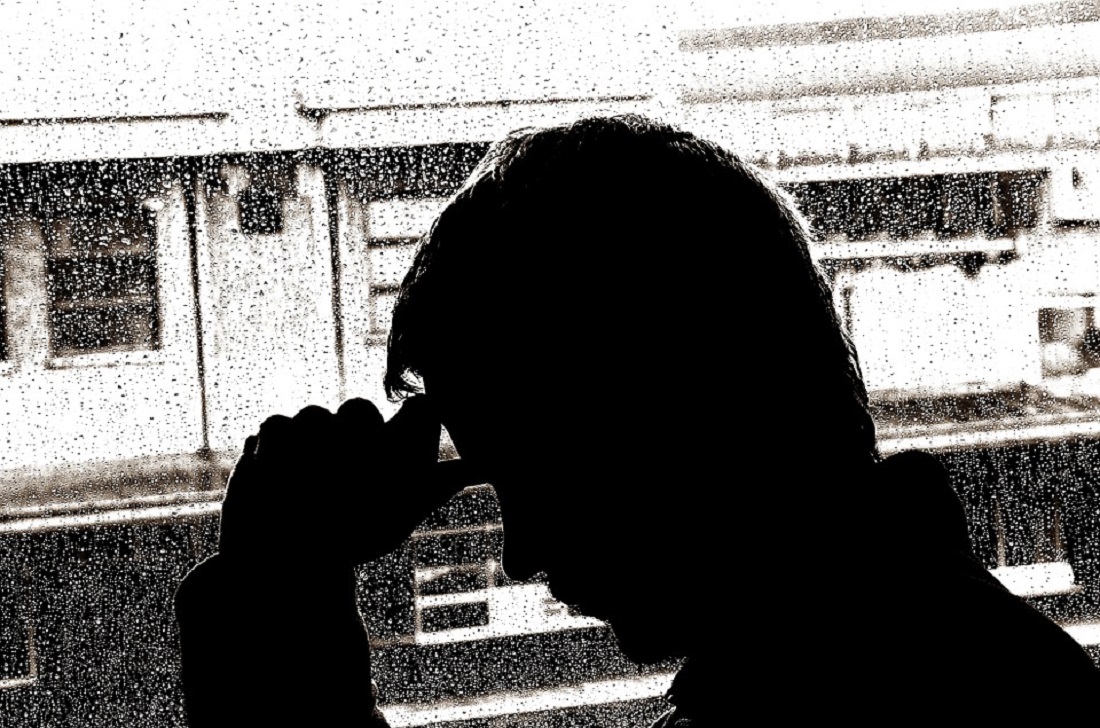
If you already struggle with common depression symptoms, you have one in three chances of becoming an alcoholic. Because alcohol is a depressant, the more you drink, the more depressed you’ll become.
Let’s go through some of the symptoms as a quick test to see whether you’re pre-dispositioned to depression, but first, a warning of what could happen if you drink too much…
2. Impulsivity Is Not Your Friend
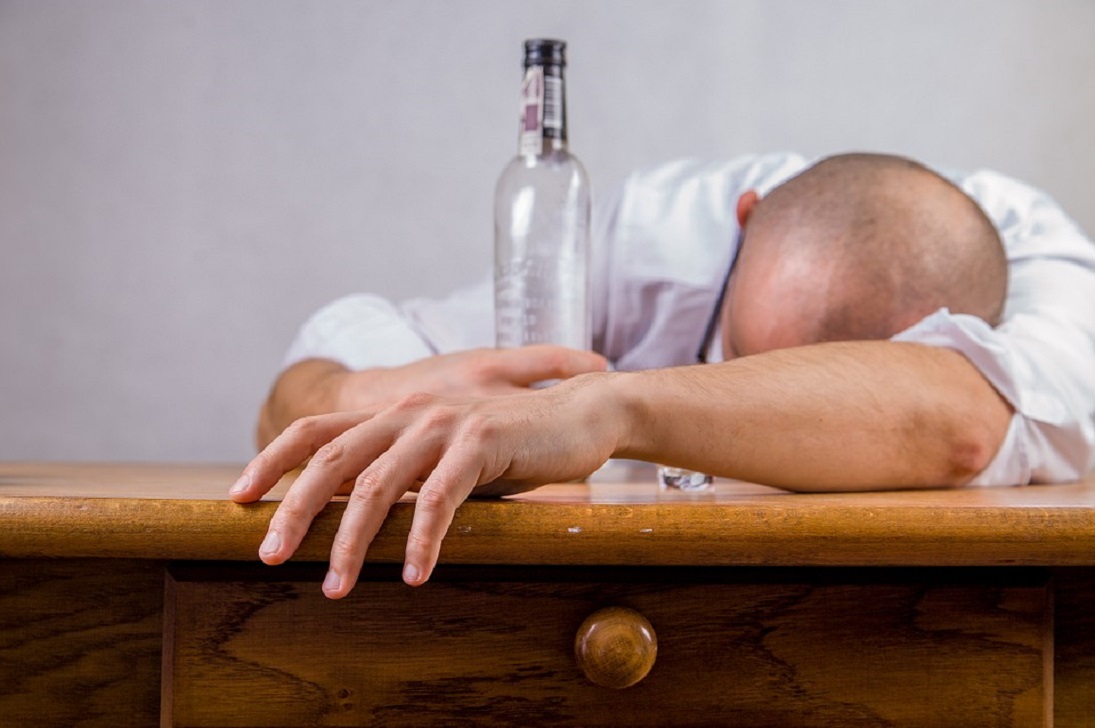
Drinking causes us to act on impulse. We make rash decisions without thinking about consequences. After a night of drinking, you could blow through your savings, ruin a life-long romance, or say something you shouldn’t to a boss or friend.
After you sober up, the consequences of your actions will finally be felt, triggering depression. Symptoms of depression can go under the radar when you drink, because it’s assumed they’re just side effects of drinking.
Let’s cover those symptoms…
3. Fatigue Can Be A Sign Of Depression
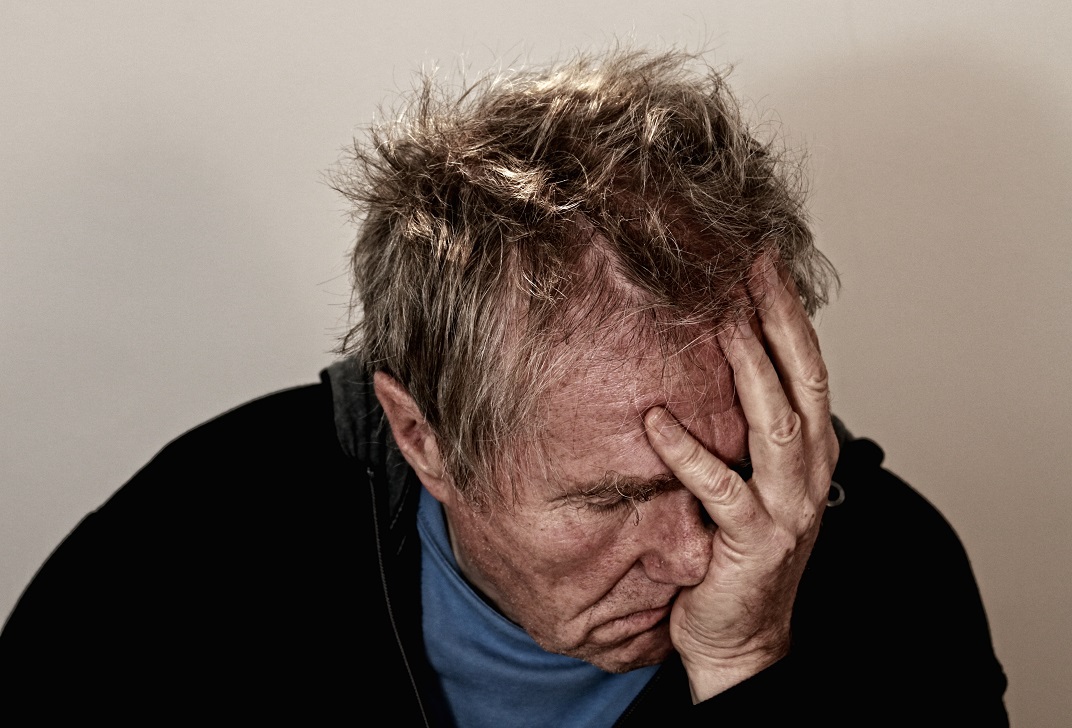
The list of depression symptoms is long, starting with the most basic and usually the first thing a person notices: fatigue and decreased energy.
When fatigue hits after a night of drinking, we don’t think to link it to depression, but if you’re usually high energy and suddenly lose the desire to do much, take a hard look at what’s going on.
If you decide to keep drinking, your risk of depression will be higher.
4. Look Out For Feelings Of Unworthiness
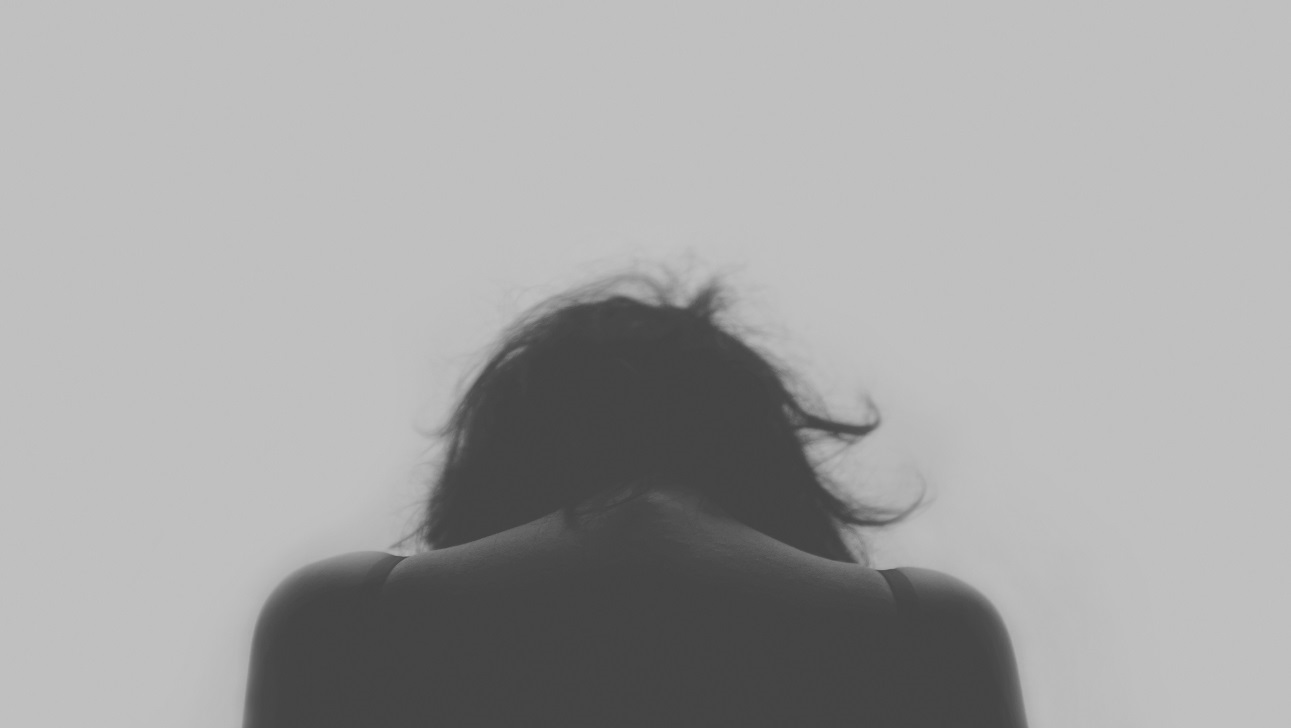
Have you ever noticed that after that third drink people start recounting stories of “the one who got away” or the horrible things they did that they wish they could reverse?
Drinking is a literal way to drown your sorrows, but if you feel yourself slipping into self-loathing, put the bottle down, it’s triggering depression.
Hopefully, things won’t lead to this…
5. Bad Choices Trigger Depression
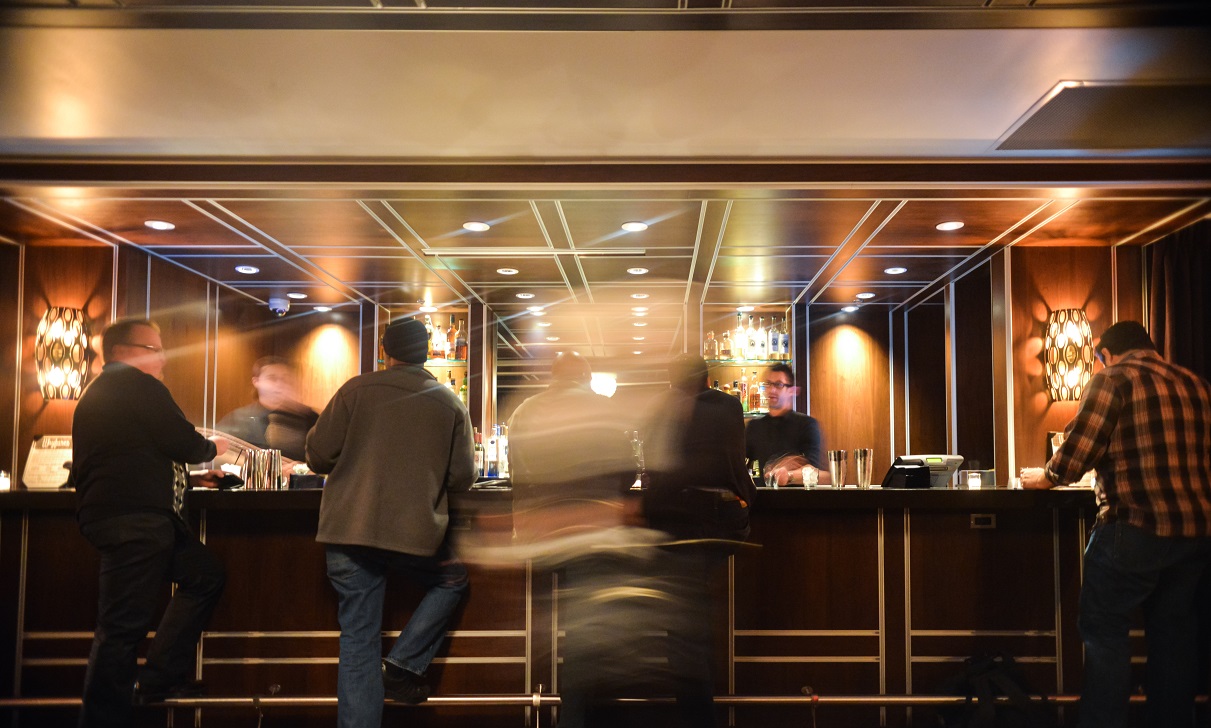
After a few drinks, it’s safe to say your choices aren’t all A+. If you aren’t mindful of this, you could do things you regret, like engaging in risky behaviors or getting into a fight.
Someone suffering from depression will display poor decision-making as well, because they’re trying anything that might help them feel better. Bad choices don’t tend to do that, though…
6. The Second Phase Of Depression
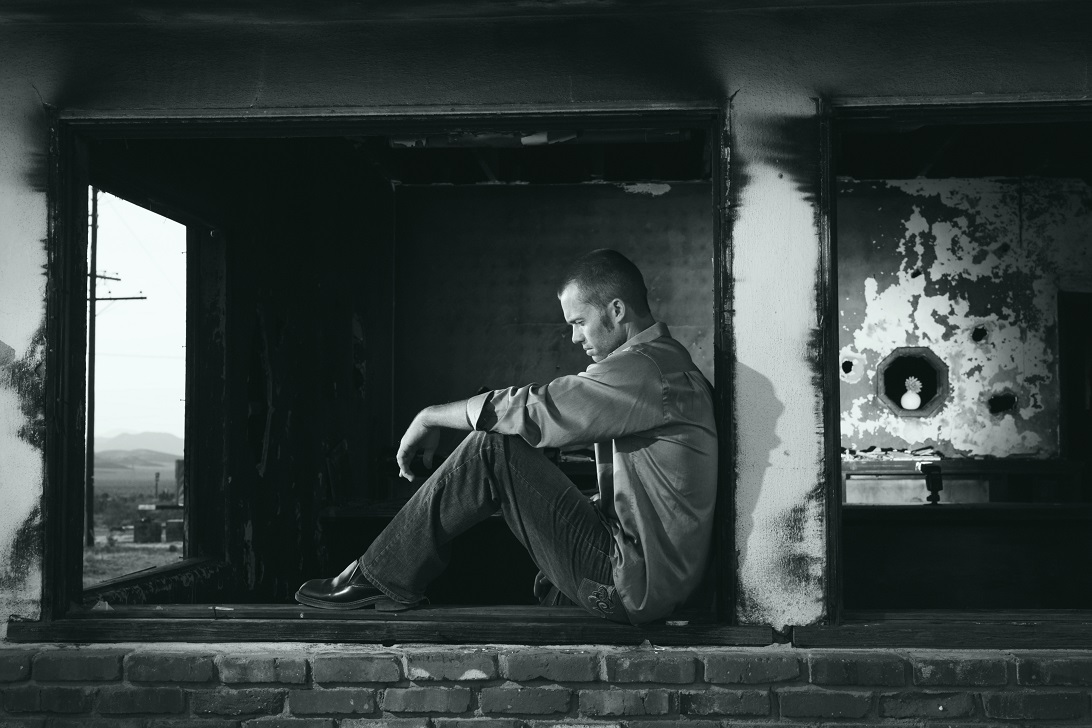
Most of us experience basic symptoms of depression in our lifetime, but if a coping mechanism like alcohol is our choice of recovery, we can push ourselves deeper into that darkness.
Impulsivity and bad choices lead to the next phase of depression, which is hopelessness. When drinking becomes habitual and too many poor choices have to be undone, eventually people give up.
Hopelessness pushes the depressed deeper into addictions sometimes much more dangerous than alcohol…
7. Stuck In Bed
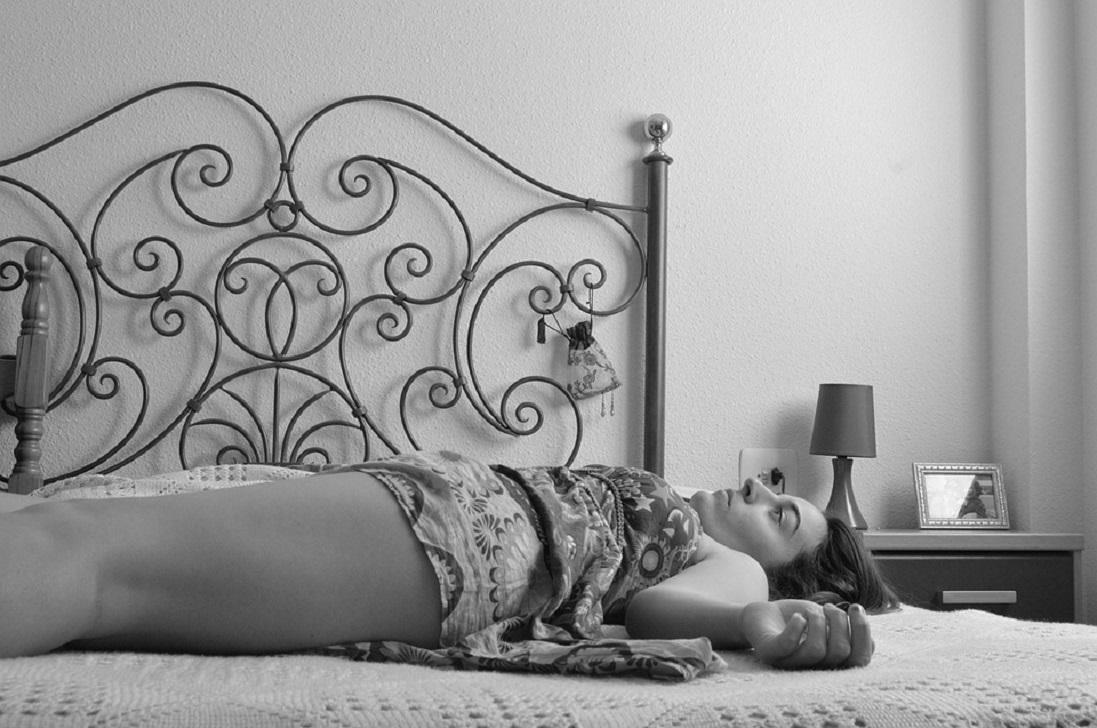
The relationship between sleep and depression is complex. First, it might look like insomnia, but that soon turns into excessive sleeping or “day sleeping.”
One of the first questions asked when seeking professional help for depression is, “How many hours a day do you sleep?” Those who sleep more are flagged as a high risk—which is usually 15% of people diagnosed with atypical depression.
8. Restlessness Can Lead To Suicidal Thoughts
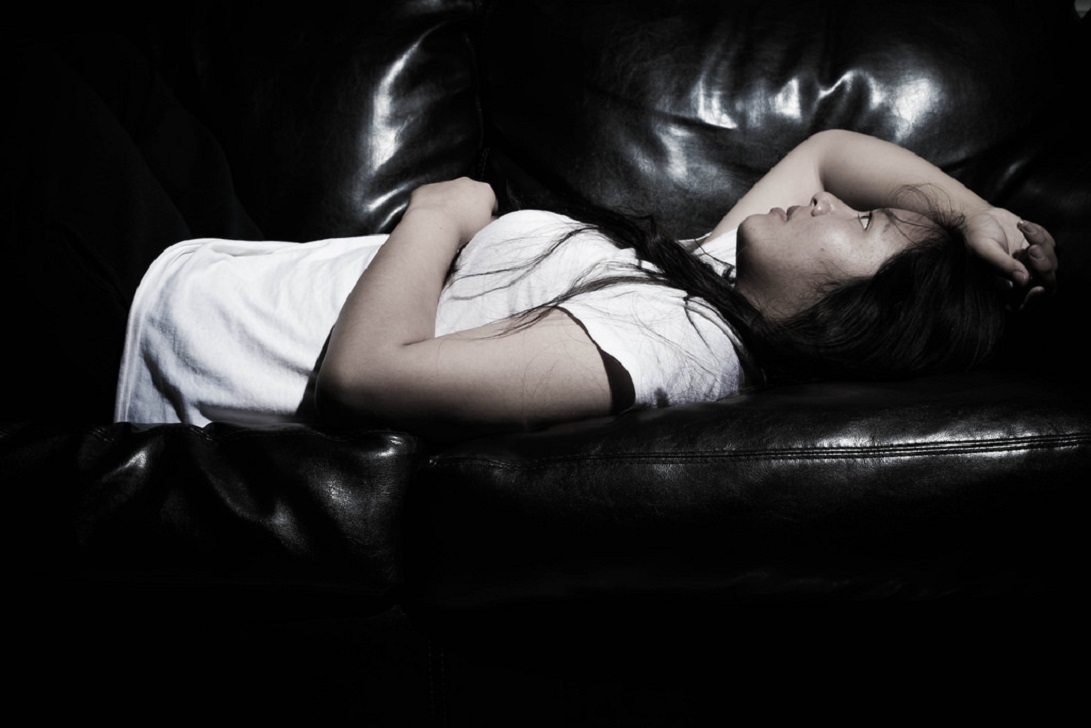
For most patients diagnosed with depression and alcoholism, there was a breaking point or traumatic event in their life that triggered their depression. Some find recovery impossible and they lose their jobs and families.
If your day consists of sleeping and more drinking, restlessness is inevitable. Restlessness happens when life is no longer moving the way it should, and without being connected to purpose, some question their reason for living.
What physically happens to a body suffering from depression?
9. The Physical Effects Of Depression
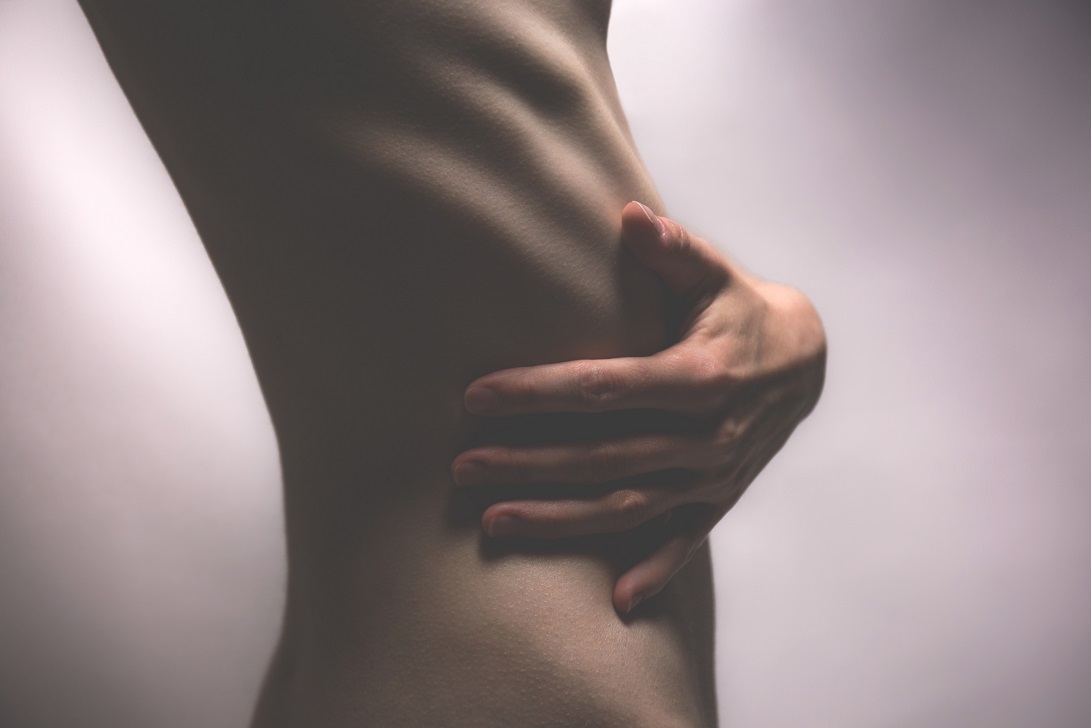
First of all, depression is a brain disorder that affects everything from your heart to your immune system. It should never be taken lightly.
Depression creates an abnormal functioning of serotonin, which messes with your pain threshold. Lower back pain is very common in people suffering from depression. Other symptoms include a weak immune system, heart disease, stroke, and life-threatening anorexia.
10. Diseases That Co-Exist With Depression
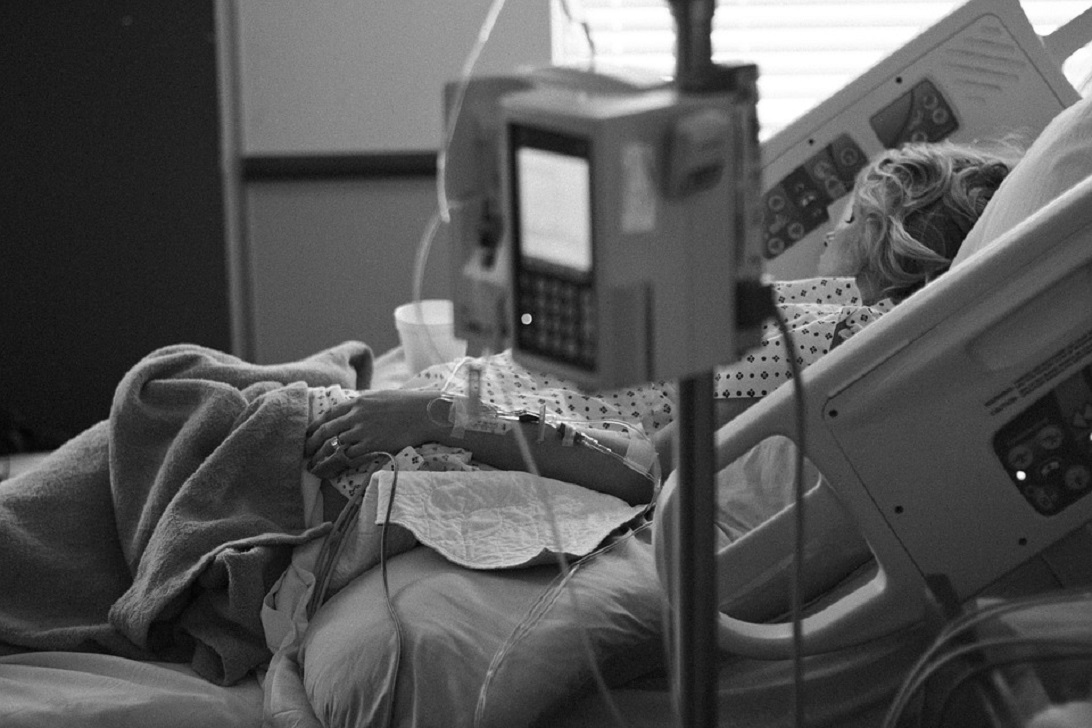
There are many serious illnesses that coexist with depression. An unhealthy lifestyle with a bad diet, excessive drinking and poor self-care due to depression can lead to these alignments. It can also be the other way around. Serious health conditions can lead to serious depression that suppresses a person’s will to fight their disease.
• 30% of people with coronary heart disease are depressed
• 50% of people with Parkinson’s are clinically depressed
• 45% of people with autoimmune diseases live with depression
• 30–50% of cancer patients are clinically depressed
• 50% of people with kidney disease are depressed
Let’s discuss the probability that a drinking habit will become your sinkhole for depression…
11. Alcoholism Leading To Depression: The Hard Numbers
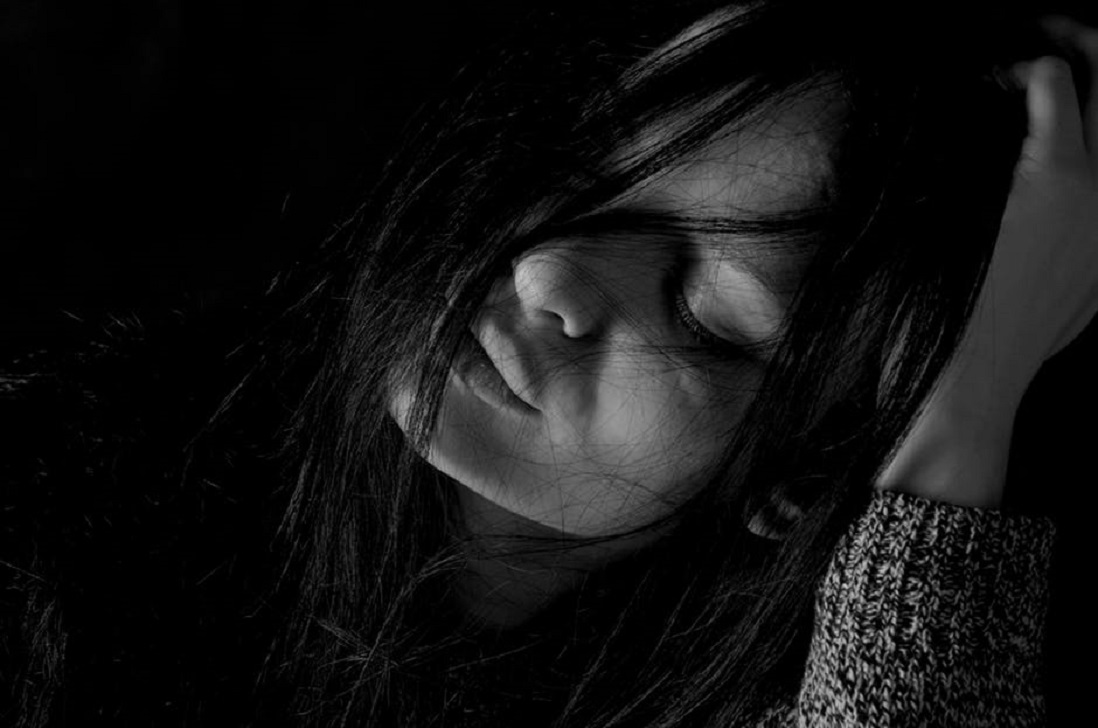
The highest rates of depression are found in alcoholics. 50%—that’s one in two people with excessive drinking habits—will suffer from depression.
What is excessive drinking? According to the U.S Department of Health and Human Services, four drinks (five for men) in two hours, five days per month, qualifies is substance abuse.
Just like alcohol leads to depression, depression leads to alcoholism. One-third of people diagnosed with severe depression become alcoholics.
12. How Alcohol Affects Your Mood
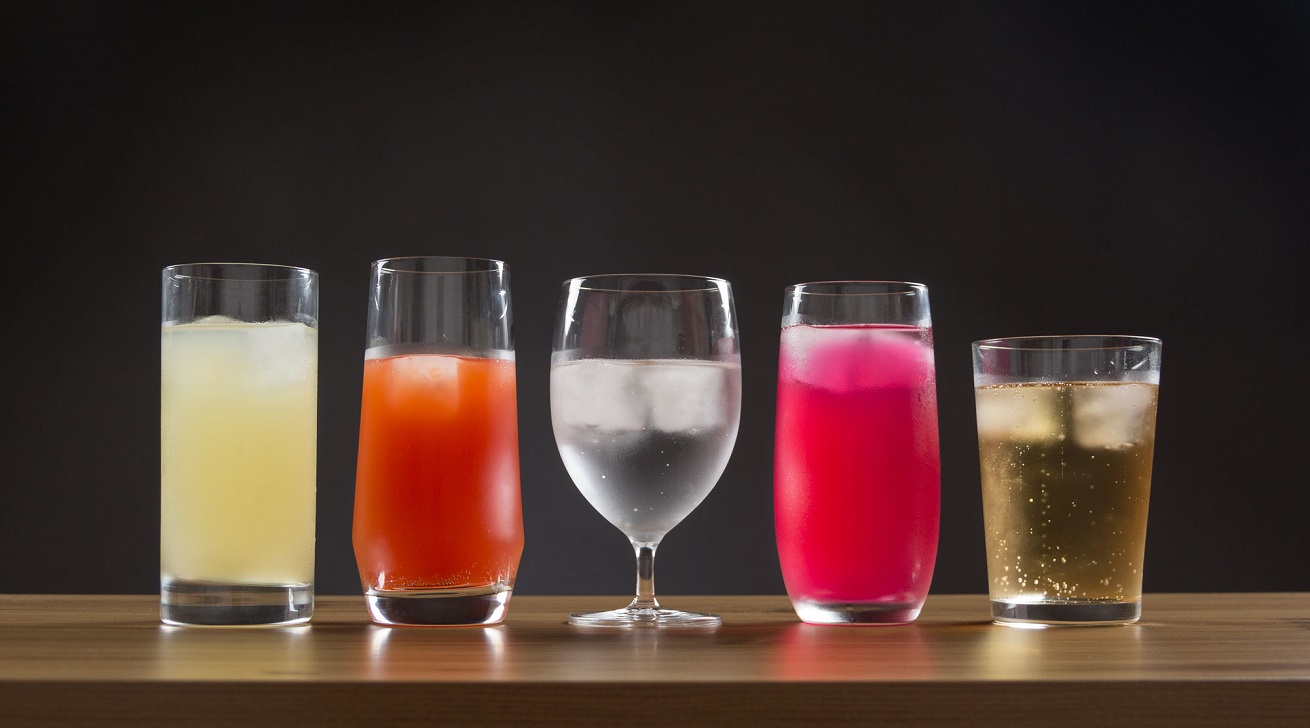
When you drink, your serotonin and norepinephrine levels lower, which help regulate your mood. If these levels are low often, symptoms of depression will be hard to escape.
You might find that drinking to feel better and for the sake of fun starts feeling like an oxymoron. Most people never believe they’re at risk to fall into depression.
Let’s take a look at what alcoholism does to your stress levels…
13. What Alcohol Does To Your Stress Hormones
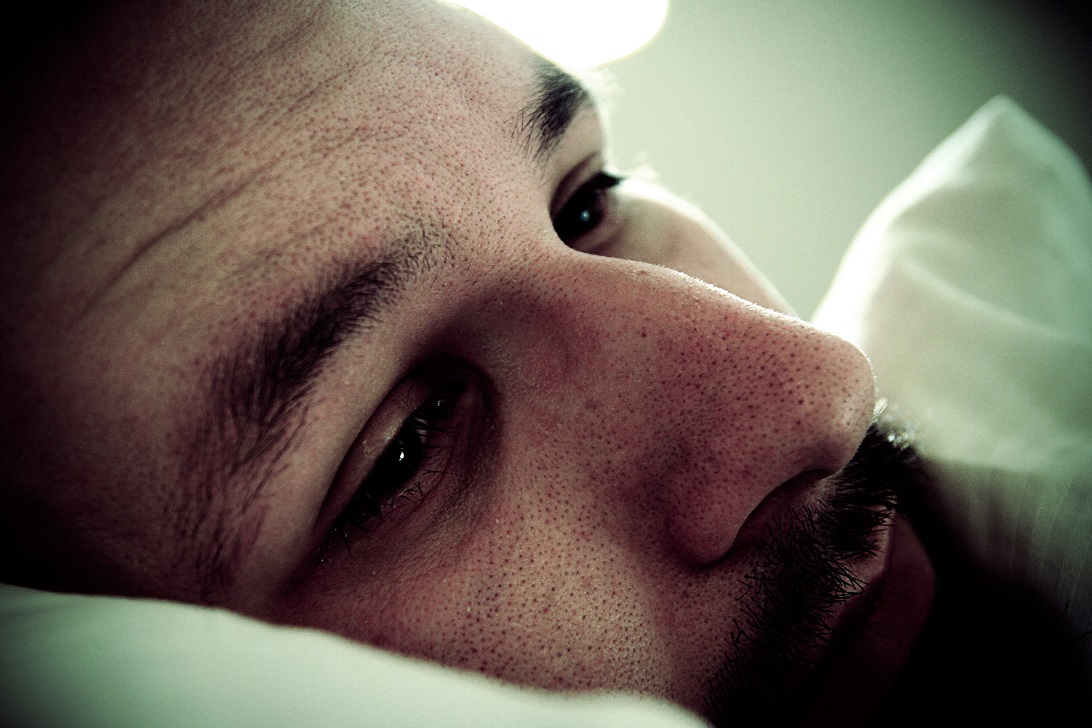
Drinking regularly throughout the week will temporarily reduce the effects of stress hormones in your body. Low releases of stress hormones remove your ability to detect and survive serious threats to your well-being.
When this cutoff takes place, the brain and nervous system become depressed and a literal shut-down takes place.
14. Drinking Can Lead To Panic Attacks And Seizures
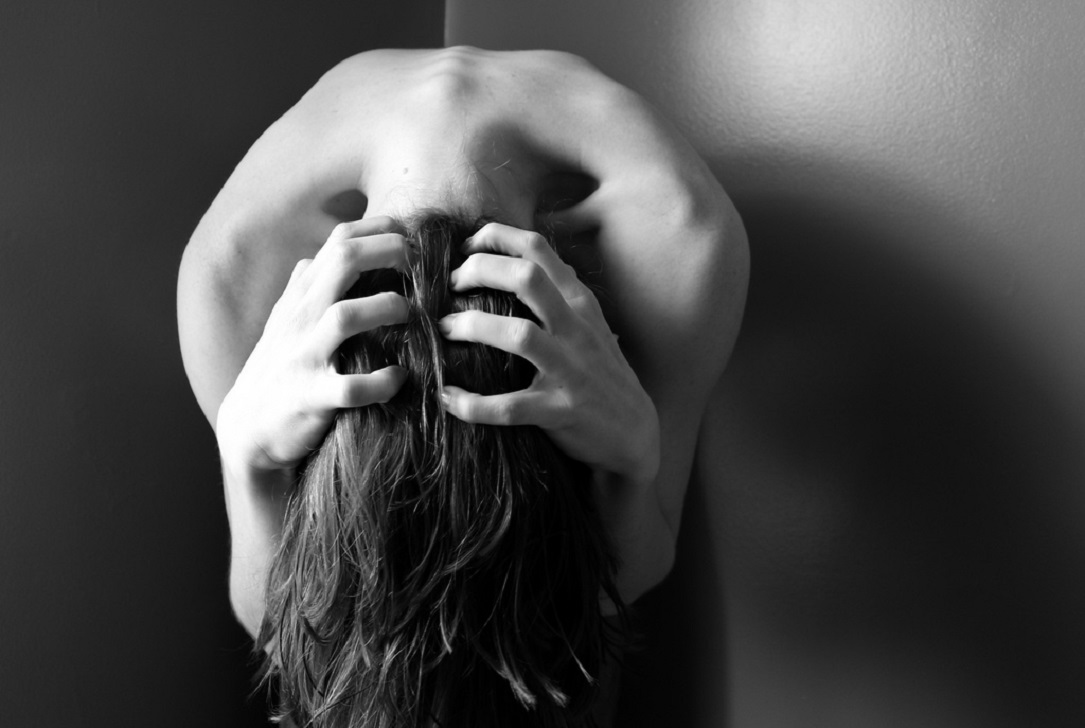
Excessive alcohol use can activate a gene linked to mental health problems that almost always lead to depression. Reports coming out of the National Institute Of Health tell us that when this gene is activated, panic attacks and even seizures occur.
When one episode is experienced, anxiety peaks, causing more episodes.
How can we avoid these things?
15. You Can Reverse This Thing!

If you can’t stop drinking, you have to get help. That’s the first step.
Once sober, make sure your body is getting enough sleep and folic acid, which will help regenerate healthy cells in your body. Drinking depletes you of folic acid.
Once your body is healthy again, set in place a preventative plan. If you know you’re pre-dispositioned to alcoholism and depression, you’ll have to be intentional about staying away from some places and things.


